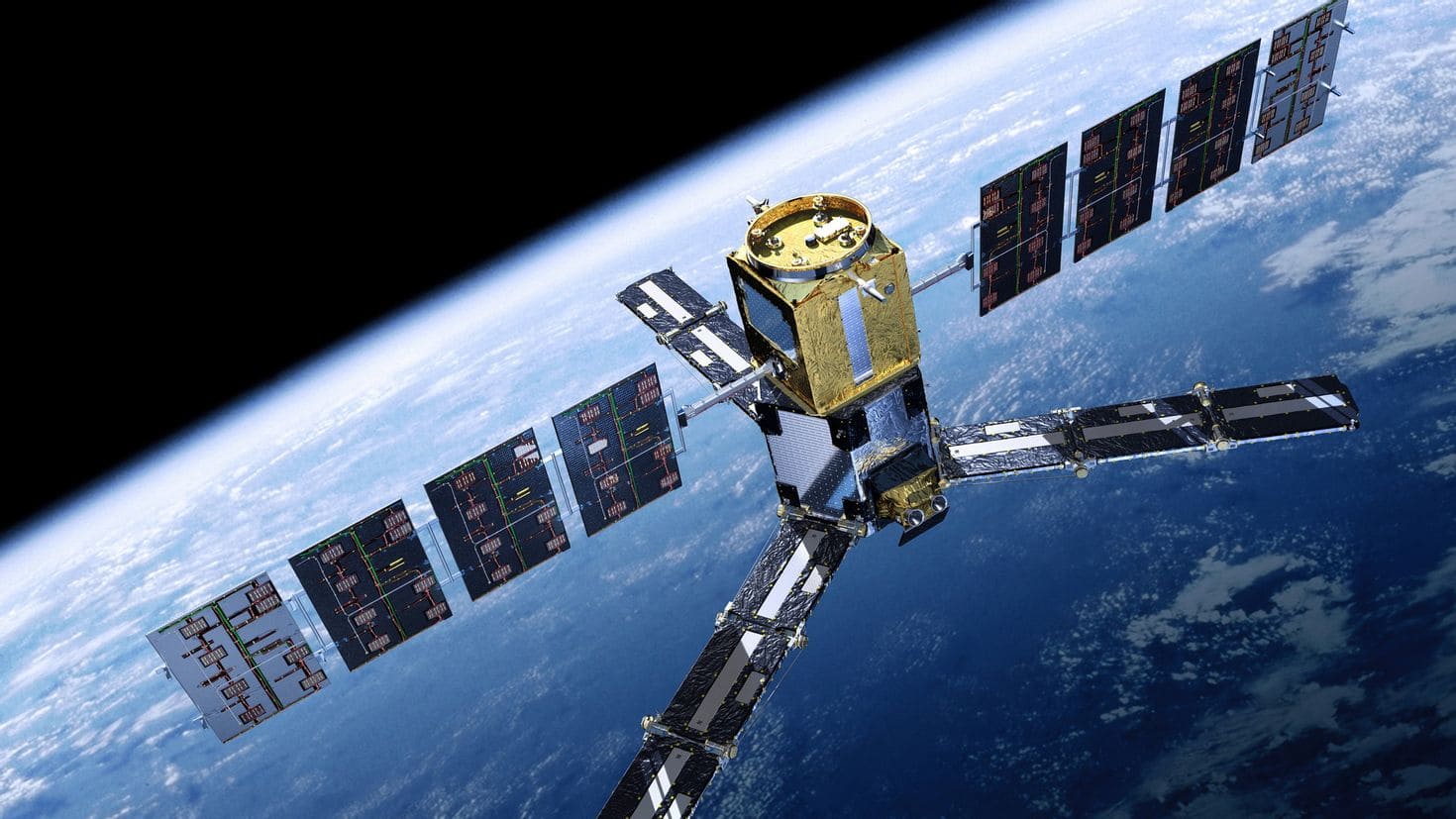Ever thought about Africa as a spacefaring continent? If not, you’re in for a surprise. African nations are increasingly making strides in space technologies, contributing to global advancements and addressing local challenges. From enhancing telecommunications to improving disaster management, space technologies are becoming crucial for Africa’s development.
Historical context of African space initiatives
Africa’s journey into space began with a few visionary steps. In the 1960s, Egypt launched its first space science research program, marking a significant milestone. Over the decades, other nations like Nigeria, South Africa, and Algeria followed suit, each contributing uniquely to the continent’s space ambitions. Visionaries like Dr. Thomas Mekuria from Ethiopia and Dr. Seidu Mohammed from Nigeria have been instrumental in these efforts.
Major African space agencies
African Union Space Program (AUSP)
The AUSP aims to coordinate space activities across the continent, fostering collaboration and sharing resources among member states.
National space agencies
- Nigeria (NASRDA): the National Space Research and Development Agency focuses on satellite development and space research.
- South Africa (SANSA): the South African National Space Agency is known for its contributions to space science and technology, particularly in satellite-based Earth observation.
- Egypt (NARSS): the National Authority for Remote Sensing and Space Sciences specializes in Earth observation and remote sensing.
- Algeria (ASAL): the Algerian Space Agency works on satellite development and launch services.
Significant African space missions
Nigeria’s satellite programs
Nigeria has launched several satellites, including NigeriaSat-1, which supports disaster monitoring and management. These satellites have played a crucial role in providing critical data for environmental monitoring and resource management.
South Africa’s contribution
South Africa launched its first satellite, SUNSAT, in 1999. Since then, SANSA has developed several satellites, enhancing capabilities in Earth observation and space science.
Egypt’s Earth observation missions
Egypt’s NARSS has successfully launched satellites like EgyptSat-1 and EgyptSat-2, which provide vital data for agricultural planning, water management, and urban development.
Algeria’s satellite launches
Algeria has made significant strides with the launch of ALSAT-1 and ALSAT-2, focusing on environmental monitoring, disaster management, and scientific research.
Collaborations and partnerships
International collaborations
African space agencies collaborate with international counterparts like NASA, ESA, and the Chinese Space Agency. These partnerships facilitate technology transfer, joint missions, and capacity building.
Private sector partnerships
Private companies are increasingly involved in Africa’s space endeavors. Companies like SpaceX and OneWeb are partnering with African nations to enhance satellite communication services.
Role of the African space agency (AfSA)
AfSA coordinates space activities across Africa, ensuring synergy and maximizing the impact of space technology on the continent.
Technological innovations and achievements
Indigenous satellite development
African nations are now developing satellites indigenously, showcasing their growing expertise in space technology.
Advances in remote sensing technology
Remote sensing technology has advanced significantly, helping African countries monitor environmental changes, manage resources, and respond to natural disasters effectively.
Breakthroughs in space communication
Improvements in space communication technologies have enhanced connectivity, providing better internet access and telecommunication services across the continent.
Educational and research institutions
Universities and space research centers
Institutions like the University of Cape Town and Obafemi Awolowo University are leading space research and education in Africa, offering specialized programs and fostering innovation.
Training programs and scholarships
Numerous training programs and scholarships are available for aspiring space scientists and engineers, promoting skill development and knowledge transfer.
Prominent African space scientists and engineers
Figures like Dr. Wandile Gwiji from South Africa and Dr. Aderin-Pocock from Nigeria have made significant contributions to space science, inspiring the next generation of African space enthusiasts.
Economic and social impact
Contributions to agriculture and food security
Space technologies help optimize agricultural practices by providing accurate data on weather patterns, soil conditions, and crop health, enhancing food security.
Enhancements in telecommunications
Satellite technology has revolutionized telecommunications, providing reliable and affordable services in remote and underserved areas.
Disaster management and environmental monitoring
Satellites play a crucial role in disaster management, offering real-time data for early warning systems and effective response strategies.
Challenges and obstacles
Financial constraints
Funding remains a significant challenge, with many African countries relying on international aid and partnerships to support their space programs.
Technical and infrastructural challenges
Developing the necessary infrastructure and technical expertise is a complex and ongoing process, requiring substantial investment and commitment.
Political and regulatory issues
Political instability and regulatory hurdles can impede the progress of space initiatives, necessitating robust policies and governance frameworks.
Future prospects
Upcoming missions and projects
Exciting missions are on the horizon, including NigeriaSat-3 and South Africa’s Space Weather Initiative, promising to push the boundaries of African space exploration.
Potential for growth in the African space sector
With increasing investment and interest, the African space sector is poised for significant growth, offering new opportunities for innovation and development.
Vision for the future of African space exploration
The future vision includes enhanced collaboration, sustainable development, and leveraging space technologies to address Africa’s unique challenges.
Public and private sector roles
Government initiatives and policies
Governments play a crucial role in shaping the space sector through policies, funding, and strategic initiatives that promote space activities.
Influence of private sector investments
Private sector investments drive innovation and efficiency, fostering a competitive environment that accelerates technological advancements.
Case studies of successful public-private partnerships
Examples like the partnership between Rwanda and OneWeb highlight the benefits of collaboration, improving connectivity and driving economic growth.
Space technology in everyday life
GPS and navigation systems
GPS technology is now integral to daily life, aiding in navigation, logistics, and even personal fitness.
Satellite TV and internet services
Satellite TV and internet services have bridged the digital divide, providing entertainment and information access to millions of Africans.
Impact on education and healthcare
Space technologies enhance education and healthcare by enabling e-learning platforms, telemedicine, and remote diagnostics.
Environmental and ethical considerations
Addressing space debris and pollution
Managing space debris is essential for sustainable space activities, with African nations advocating for responsible space practices.
Ethical use of space technology
Ensuring the ethical use of space technology involves protecting privacy, promoting transparency, and adhering to international laws.
Sustainable development goals (SDGs) and space technology
Space technologies contribute to achieving the SDGs by improving infrastructure, fostering innovation, and addressing climate change.
African space technologies are on an exciting trajectory, with remarkable achievements and immense potential for future growth. By overcoming challenges and leveraging international partnerships, Africa can continue to make significant strides in space exploration and technology.



